Table of Contents
- The Complete Guide to Cybersecurity Certification Cost (2025 Edition)
- Understanding the Factors Influencing Certification Costs
- Decoding the Cybersecurity Certification Cost Landscape: A Tiered Approach
- How to Manage Cybersecurity Certification Costs Like a Pro
- Facts About Cybersecurity Certifications
- Diving Deeper: Cybersecurity Certification Databases and Resources
- Final Thoughts: Investing in Your Future Cybersecurity Career
- FAQs
Alright, buckle up, cybersecurity adventurers! Let’s dive deep into the fascinating (and sometimes wallet-draining) world of cybersecurity certifications cost! Ever wonder how much it really costs to become a digital superhero? Well, grab your caffeine of choice, because we’re about to break it all down, 2025-style!
The Complete Guide to Cybersecurity Certification Cost (2025 Edition)
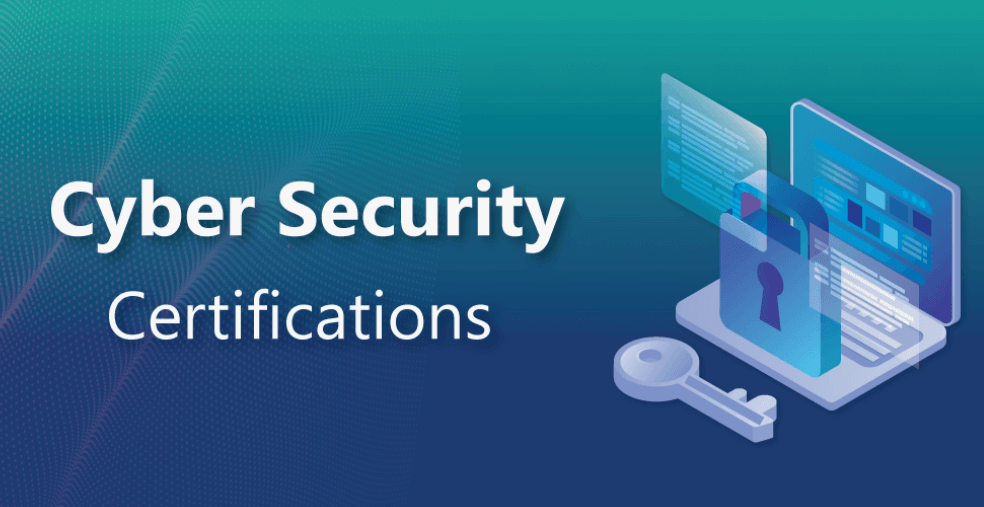
The digital landscape in 2025 is a battleground. Cyber threats are more sophisticated than ever, and the demand for skilled cybersecurity professionals is exploding. To carve your path in this dynamic and vital field, certifications are your golden ticket – proof of your expertise that employers crave.
What does a cybersecurity certification really cost in 2025? The answer, as you might expect, is “it depends.” Prices can vary wildly based on several factors, including the provider, the depth of the content, the target audience, and the specific skills the certification validates. You’ll find introductory programs starting as low as $50, while specialized, high-end certifications can command fees of $3,000 or more. However, remember, the right certification isn’t just an expense; it’s an investment in your future.
Understanding the Factors Influencing Certification Costs
Before you start throwing money at every certification that catches your eye, it’s essential to understand the key variables that determine the overall cost. Let’s break down what influences the price tag of a cybersecurity certification:
Certification Level
This is perhaps the most significant factor. Entry-level certifications, designed to provide foundational knowledge, are typically the most affordable. For example, CompTIA Security+ generally ranges from $300 to $400 for the exam fee alone. Mid-level certifications, which build upon the basics and delve into specific domains, tend to cost between $500 and $1,500. Advanced and premium certifications, designed for seasoned professionals and covering highly specialized areas, often exceed $1,500 and can reach upwards of $3,000 or more due to their extensive content and rigorous requirements.
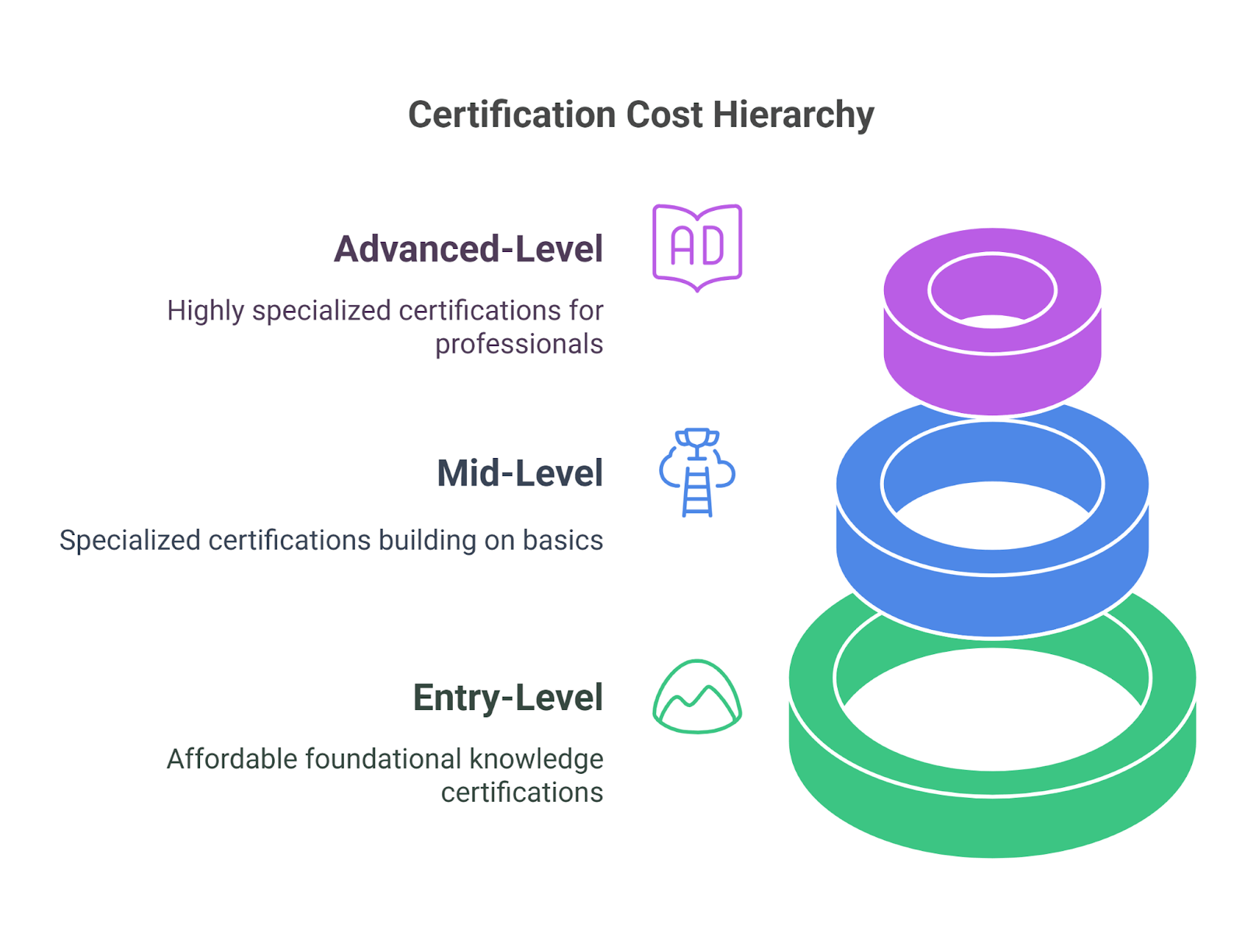
Course Materials and Hands-On Labs
In cybersecurity, theoretical knowledge is only half the battle. Practical experience is paramount. Certifications that include hands-on labs, simulations, and project-based work will invariably cost more. These resources allow you to apply what you’ve learned in realistic scenarios, boosting your skills and confidence. Certifications such as those offered by Cisco are known for their extensive lab exercises, justifying their higher price point.
Provider Reputation and Brand Recognition
Programs offered by established and respected organizations, such as Google, Microsoft, Cisco, and (ISC)², often come with premium fees. This is because their brand recognition carries weight with employers. Holding a certification from a well-known provider can significantly improve your job prospects and earning potential, making it a worthwhile investment in the long run.
Duration and Flexibility
The format of the certification program also impacts its cost. Some certifications operate on a subscription model, charging a monthly fee for access to the course materials and resources. This can be a more budget-friendly option for those who can dedicate significant time to studying. Others require a one-time upfront payment, which may seem daunting but can ultimately be more cost-effective if you complete the program quickly. For example, Google’s cybersecurity program typically has a monthly subscription fee, while other certifications have a fixed premium pricing structure.
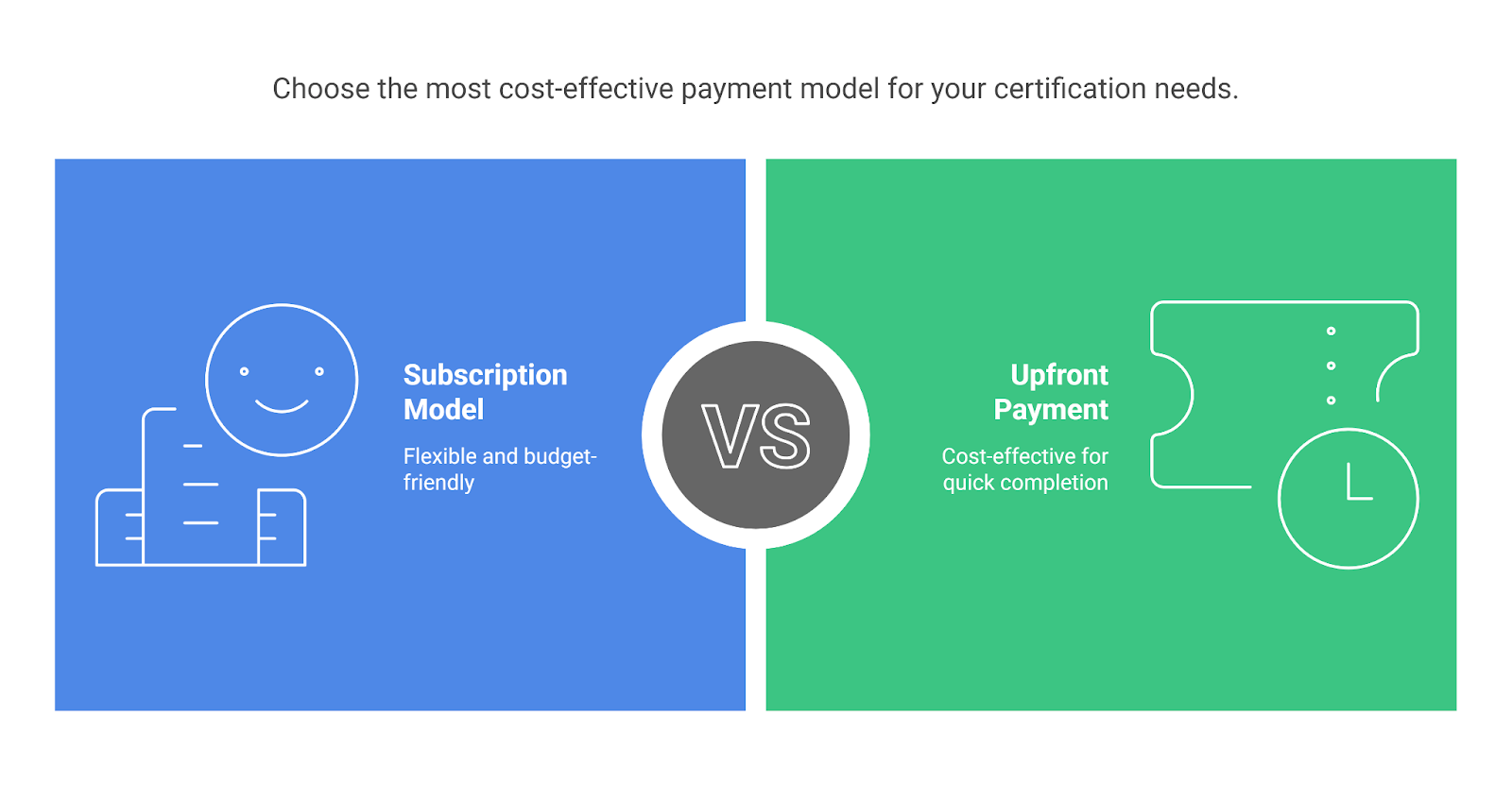
Included Resources and Support
The more comprehensive the resources and support offered with the certification, the higher the cost is likely to be. Certifications that include in-depth study guides, practice exams, exam vouchers, access to online communities, and mentorship programs provide greater value but typically come with a higher price tag. These resources can significantly increase your chances of passing the certification exam and mastering the required skills.
Decoding the Cybersecurity Certification Cost Landscape: A Tiered Approach

To better understand the landscape of cybersecurity certification costs, let’s break it down into three distinct tiers: entry-level, mid-level, and advanced/premium.
1. Entry-Level Certifications ($50 – $500): Your Foundation for Success
Entry-level certifications are perfect for individuals with little to no prior experience in cybersecurity. They provide a solid foundation of essential knowledge and skills, making them an excellent starting point for a career in this field. The best part? They won’t break the bank!
-
Google Cybersecurity Certificate ($39 – $49/month): This certificate, offered through Coursera, provides a comprehensive introduction to cybersecurity fundamentals, covering topics such as network security, data protection, and incident response. The subscription-based model allows you to learn at your own pace, making it a flexible and affordable option.
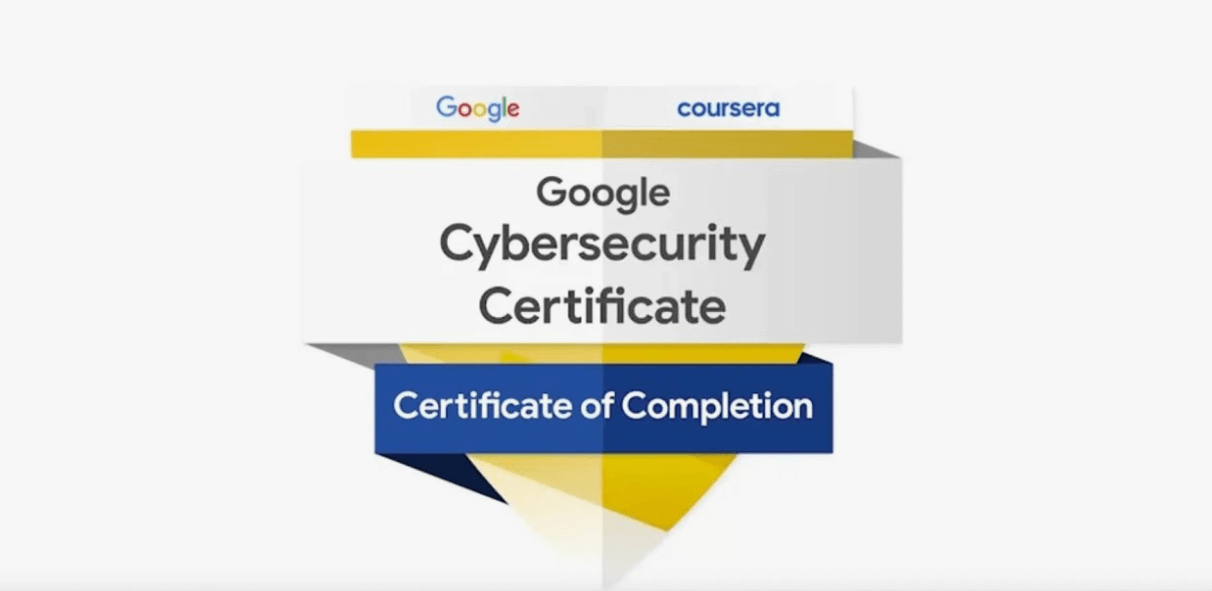
-
CompTIA Security+ (Approximately $400 for the exam fee): This globally recognized certification validates essential cybersecurity skills, including identifying and mitigating security threats, implementing security controls, and understanding security policies and procedures. It’s a widely respected and sought-after certification for entry-level cybersecurity roles.
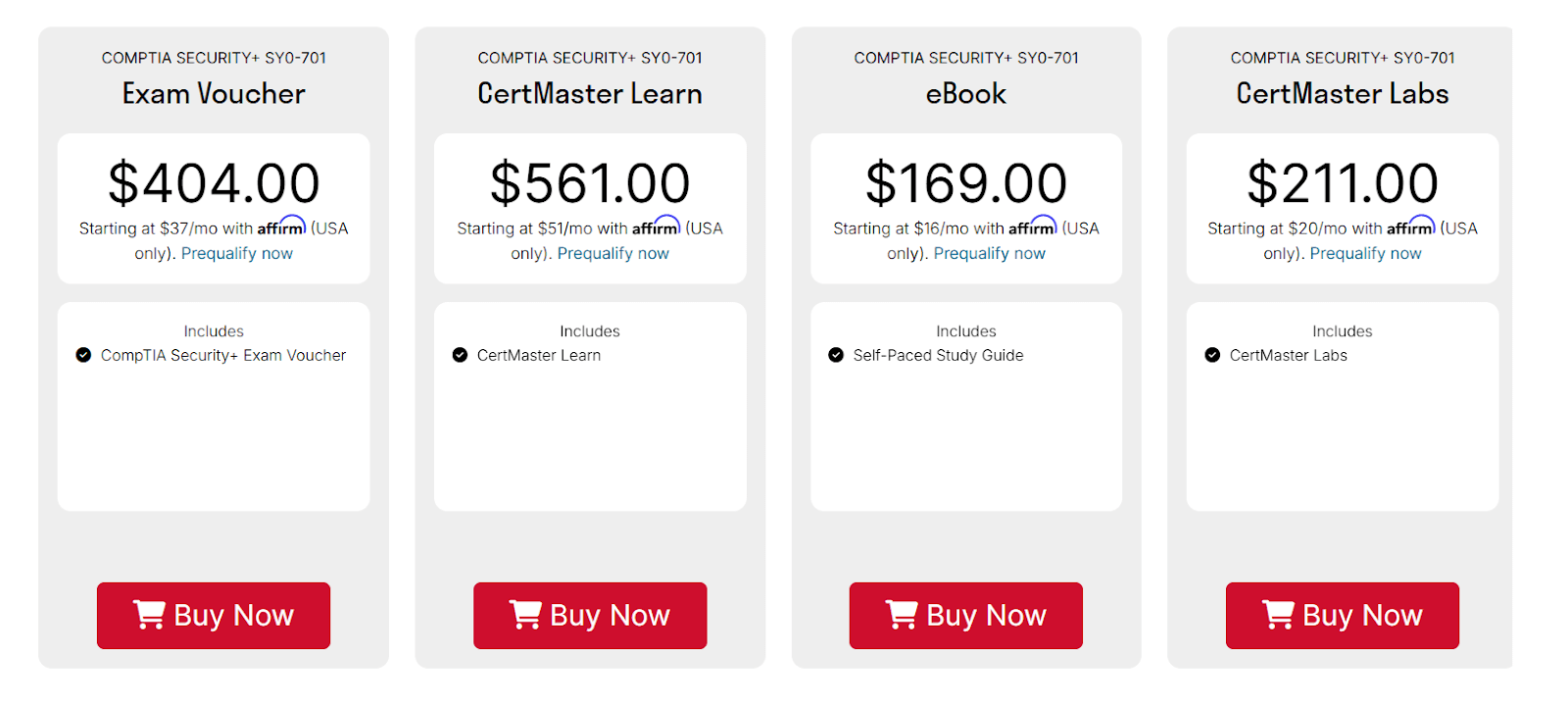
Mid-Level Certifications ($500 – $1,500): Building Your Expertise
Once you have a solid foundation, mid-level certifications allow you to deepen your knowledge and specialize in specific areas of cybersecurity. These certifications are ideal for those looking to advance their careers and take on more challenging roles.
-
Cisco Certified CyberOps Associate ($600 – $1,000): This certification validates your skills in security operations, including monitoring, analyzing, and responding to security incidents. It’s a valuable certification for those interested in working in a Security Operations Center (SOC).
-
Certified Ethical Hacker (CEH) (Approximately $1,200 for the exam fee): This popular certification focuses on ethical hacking techniques, teaching you how to identify vulnerabilities in systems and networks and how to exploit them in a controlled environment. It’s a valuable certification for those interested in penetration testing and vulnerability assessment. (Remember that the course could be more than $3000 depend on the provider)
Advanced and Premium Certifications ($1,500+): Becoming a Cybersecurity Leader
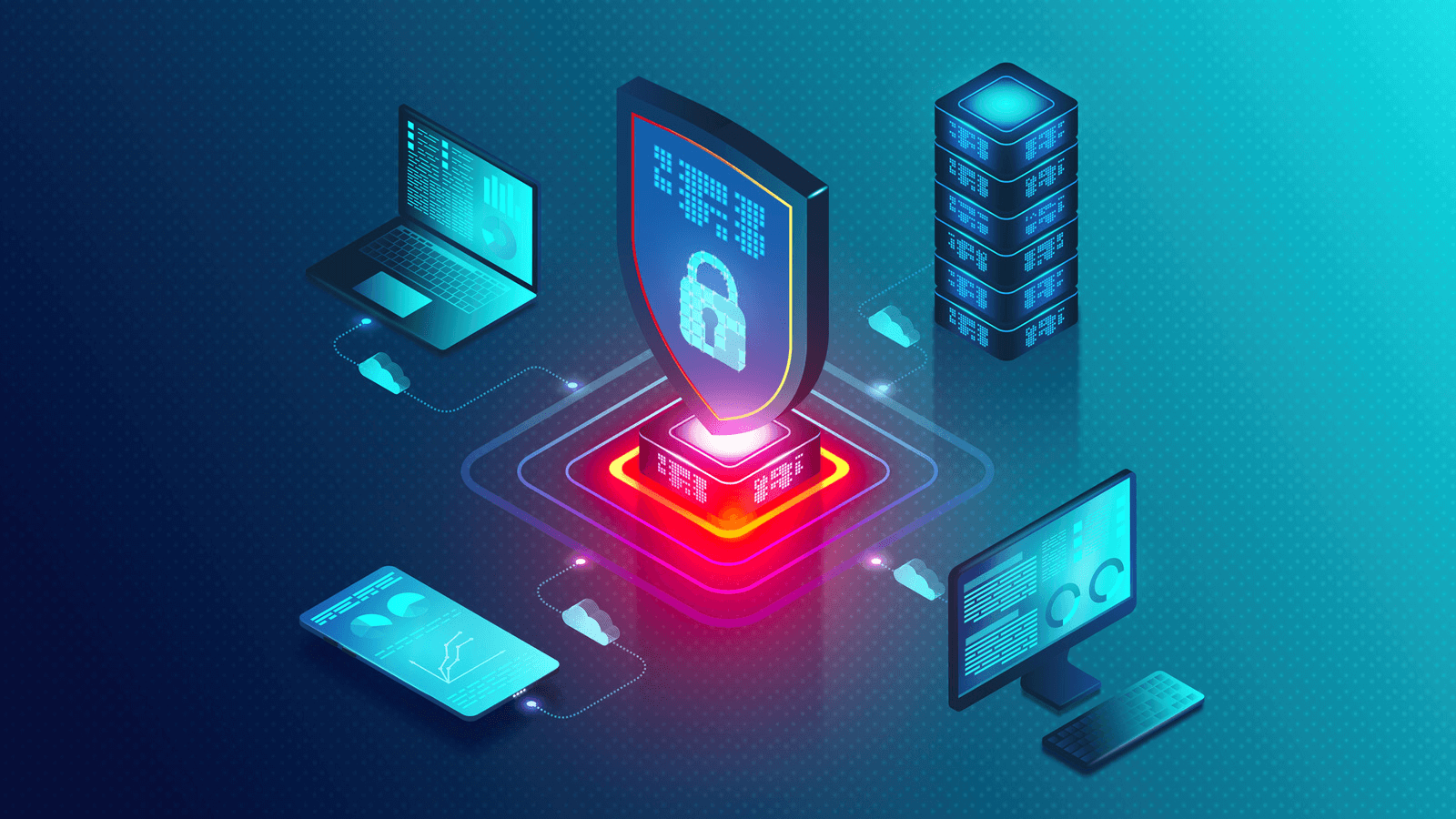
Advanced and premium certifications are designed for experienced cybersecurity professionals who want to demonstrate their expertise in highly specialized areas. These certifications require significant investment, but they can lead to lucrative career opportunities and leadership positions.
-
Certified Information Systems Security Professional (CISSP) (Approximately $749 for the exam fee + Training Costs): This prestigious certification is widely regarded as the gold standard for cybersecurity professionals. It validates your knowledge and experience in all aspects of information security management, making you a highly sought-after candidate for senior-level roles.
-
ACSMI Certification ($1,500+): This advanced certification offers unmatched value for professionals seeking to stay ahead in the ever-evolving cybersecurity landscape. It features over 400 specialized modules covering cutting-edge topics like quantum computing, AI in cybersecurity, and advanced ethical hacking. With career-tailored pathways and global recognition, the ACSMI Certification empowers professionals to unlock unparalleled career growth and become leaders in the field.
How to Manage Cybersecurity Certification Costs Like a Pro
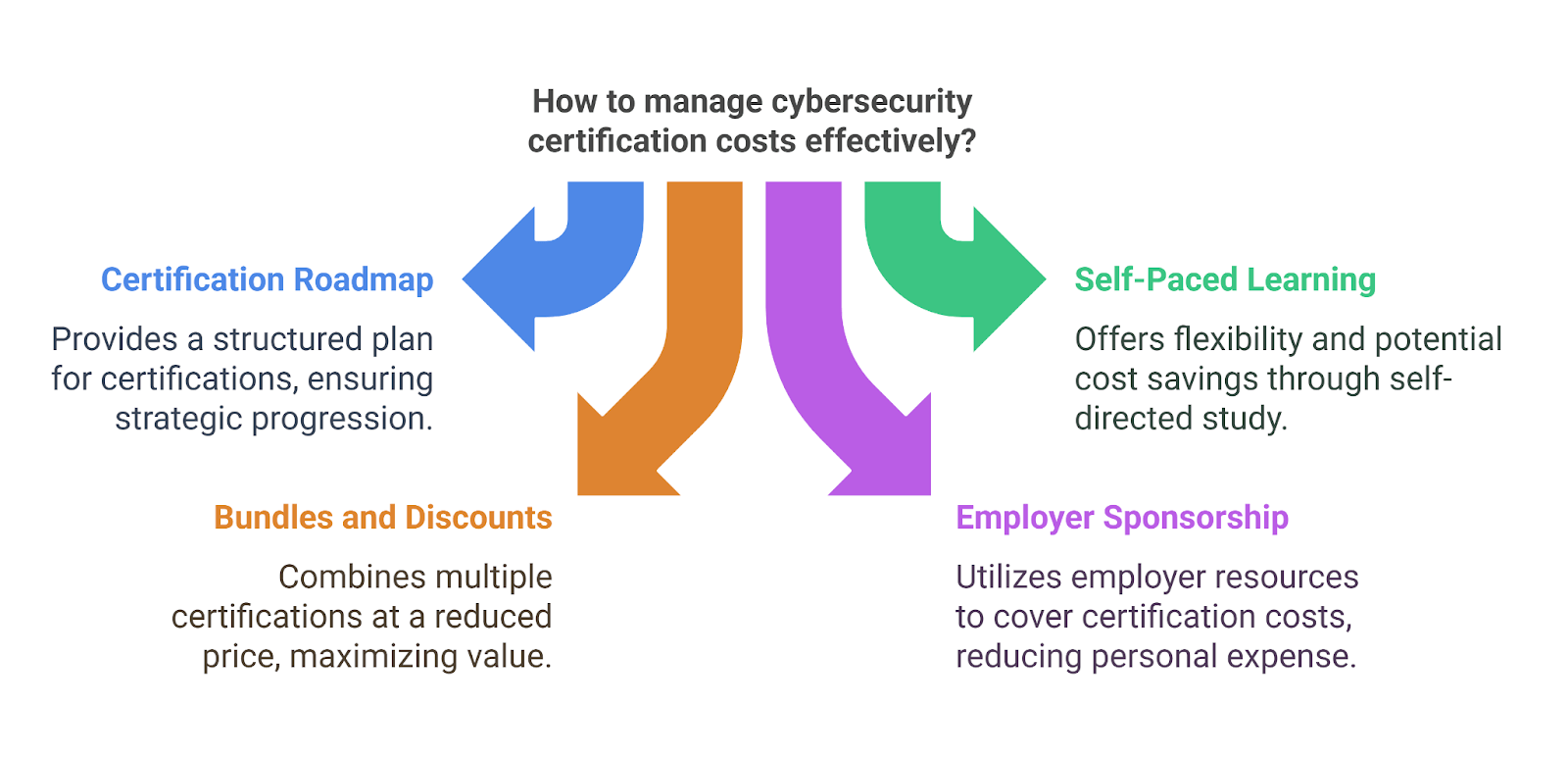
Investing in cybersecurity certifications is undoubtedly a strategic move for anyone looking to advance in the field of cybersecurity. However, without careful planning, the costs can quickly add up. Here’s how you can manage your expenses wisely while maximizing the value of your educational investments:
Create a Certification Roadmap
Begin by taking a strategic approach to your career development. Before you spend a dime, sit down and map out your professional objectives. What are your long-term career goals? Which roles are you aiming for, and what skills do you need to acquire to get there? Once you have a clear picture, research to identify which certifications align best with your goals. This planning phase is crucial as it helps you avoid splurging on unnecessary courses that don’t contribute to your career trajectory. Prioritizing your investments according to your roadmap can save you both time and money, directing your resources towards courses that offer the highest return on investment in terms of career advancement.
Explore Self-Paced Learning Options
Self-paced learning programs offer a significant advantage in terms of cost management and flexibility. For instance, Google’s subscription-based cybersecurity certificate allows you to pay a monthly fee and progress at your own pace. This can be particularly beneficial if you have a fluctuating schedule or need to balance learning with other responsibilities. Self-paced courses often allow for a more manageable expenditure as you can spread the cost over time and only pay for what you actually need at each stage of your learning journey.
Look for Bundles and Discounts
Many certification providers recognize the value of package deals and are willing to offer discounts on course bundles. These bundles often include multiple courses or add-ons like exam vouchers at a reduced price. Keep an eye out for special promotions and discounts, especially during industry events, training launches, or holiday sales. Subscribing to newsletters from certification providers or joining professional groups can also alert you to deals that may not be widely advertised.
Leverage Employer Sponsorship
One often overlooked resource is employer sponsorship. Many organizations understand the value of having certified professionals on their teams and are willing to fund their employees’ certification efforts. This can cover partial or even full costs of courses and exams. Consult your HR department or direct supervisor to learn about any available professional development funds or reimbursement programs. Not only does this reduce your out-of-pocket expenses, but it also shows your employer your commitment to advancing your skills and contributing to the organization.
Combine Programs Strategically
Strategic combination of certifications can lead to substantial cost savings and a broader skill set. Start with foundational certifications like the Google Cybersecurity Certificate or CompTIA Security+ to build your base knowledge. These certifications are generally more affordable and can often be prerequisites to more advanced training. Once you have these under your belt, advancing to higher-level certifications such as CISSP or ACSMI Certification can be more straightforward and less redundant. This approach allows you to build a comprehensive skill set while avoiding overlapping content and unnecessary costs.
By adopting these strategies, you can effectively manage the costs associated with obtaining cybersecurity certifications. Planning your certification path wisely, taking advantage of flexible learning options and discounts, utilizing employer resources, and strategically combining programs will empower you to enhance your skills and advance your career without breaking the bank. Remember, the goal is not just to collect certifications but to make meaningful progress toward becoming a skilled and knowledgeable cybersecurity professional.
Facts About Cybersecurity Certifications
Ready to impress your colleagues with some cybersecurity certification trivia? Here are 10 lesser-known facts:
-
The First Cybersecurity Certification: The Certified Information Systems Security Professional (CISSP) was one of the first cybersecurity certifications, established in 1994 by (ISC).
-
GIAC’s Practical Focus: GIAC (Global Information Assurance Certification) certifications are known for their intense focus on practical, hands-on skills, often requiring candidates to perform real-world tasks during the certification exam.
-
Cloud Security Dominance: The Cloud Security Alliance (CSA) offers the Certificate of Cloud Security Knowledge (CCSK), which is rapidly becoming essential for professionals working with cloud technologies.
-
Demand for Certified Professionals: According to Cybercrime Magazine, the cybersecurity jobs market is booming, and the demand for certified professionals is expected to continue to grow exponentially in the coming years.
-
Military Origins of Cybersecurity: Many cybersecurity principles and practices were initially developed by military and intelligence agencies to protect sensitive information.
-
The Role of AI in Certification: AI-powered learning platforms are increasingly being used to personalize cybersecurity training and certification preparation, adapting to individual learning styles and knowledge gaps.
-
Quantum-Resistant Certifications: As quantum computing becomes more prevalent, certifications focused on quantum-resistant cryptography are emerging to address the need for enhanced security measures.
-
Bug Bounty Programs for Skill Development: Participating in bug bounty programs can be an excellent way to gain practical experience and develop the skills needed to pass cybersecurity certification exams.
-
Cybersecurity Skills Shortage: The global cybersecurity skills shortage is estimated to reach 3.5 million unfilled positions by 2025, highlighting the critical need for skilled and certified professionals.
-
Source: Cybersecurity Ventures
-
-
Ethical Hacking Competitions: Competitions like Capture The Flag (CTF) are used by companies and organizations to identify talent and test the skills of cybersecurity professionals, helping them prepare for certifications.
Diving Deeper: Cybersecurity Certification Databases and Resources
To further explore the world of cybersecurity certifications, check out these valuable databases and resources:
-
Cybersecurity Certification Roadmap: SANS Institute offers comprehensive roadmaps for various cybersecurity career paths, outlining the recommended certifications for each role.
-
NICE Framework: The National Initiative for Cybersecurity Education (NICE) Framework provides a comprehensive taxonomy of cybersecurity roles, skills, and knowledge, which can be used to identify the certifications that align with your career goals.
-
Global Knowledge: This website provides a wide range of resources, including articles, webinars, and white papers, on cybersecurity certifications and career paths.
-
Source: Global Knowledge
-
Final Thoughts: Investing in Your Future Cybersecurity Career
Navigating the world of cybersecurity certification costs is not just about numbers—it’s about making informed decisions that align with your career aspirations and maximizing your return on investment. Certifications act as benchmarks of your skills and commitment, opening doors to lucrative roles in an industry that continues to expand exponentially. By carefully considering the factors that influence certification costs, exploring the various certification options available, and managing your expenses wisely, you can pave the way for a successful and rewarding cybersecurity career.
For those just starting out, affordable certifications like the Google Cybersecurity Certificate or CompTIA Security+ offer an excellent foundation without placing a heavy burden on your finances. These programs are perfect for building the basic skills needed to break into the cybersecurity field. From there, the transition to mid-level or specialized programs such as Cisco Cybersecurity Certifications can sharpen your expertise in niche areas like network security, especially for those seeking more technical roles.
However, as your career advances, investing in premium certifications like the ACSMI Certification can set you apart as a leader in the field. Programs offering 400+ modules on specialized topics such as AI-driven cybersecurity, quantum cryptography, and ethical hacking are not just courses—they are comprehensive knowledge bases tailored to meet the demands of the future. While the upfront costs of such certifications might seem steep, the long-term benefits—higher salaries, leadership opportunities, and global recognition—far outweigh the investment.
It’s also critical to consider the bigger picture. Certifications are more than a badge of credibility—they’re proof of your adaptability in an evolving digital landscape. Cybersecurity threats grow more sophisticated daily, and staying relevant requires continuous learning. By mapping out your learning path, starting with lower-cost certifications, and gradually working your way to advanced ones, you ensure that you’re always equipped with the most up-to-date skills.
Lastly, think about certifications as stepping stones to your ultimate career goals. Whether you dream of overseeing global security operations, developing cutting-edge defense systems, or consulting for Fortune 500 companies, your credentials will play a pivotal role in how you are perceived and what opportunities come your way.
Investing in certifications isn’t just about the money you spend—it’s about the career you’re building. The right blend of foundational, technical, and advanced credentials can transform you from a cybersecurity newcomer into a sought-after expert. Make thoughtful choices, plan for the long haul, and position yourself as a leader in one of the most vital industries of the future.
Ready to take your cybersecurity career to the next level? Explore the unmatched opportunities that await you with the best cybersecurity certification available at ACSMI.
Don’t just get certified, get ahead!
FAQs
How much does a cybersecurity certification typically cost?
Certification costs vary widely, ranging from $50 for entry-level programs to $3,000+ for advanced certifications, depending on the provider, content, and difficulty level.
Is a higher-priced certification always worth the investment?
Not necessarily. While certifications like the ACSMI Certification offer extensive, career-relevant content, it’s crucial to evaluate the potential return on investment (ROI) based on your career goals and current skillset.
What is the subscription-based model of certification costs?
Some providers, like Google, offer subscription-based programs with monthly fees (ranging from $39-$49). This model allows learners to control costs based on their pace of learning.
Are there any hidden costs associated with cybersecurity certifications?
Yes, be aware of potential extra fees for practical labs, tools, additional course materials, or exam retakes. Always confirm what’s included in the initial package.
Should I combine lower-cost certifications with premium options?
Absolutely! Starting with a more affordable certification like CompTIA Security+ or Google and then advancing to certifications like CISSP or ACSMI as your knowledge expands is a strategic and cost-effective approach.
What are the prerequisites for advanced cybersecurity certifications?
Many advanced certifications, such as the CISSP, require several years of relevant work experience in the cybersecurity field. Make sure you meet the prerequisites before investing in a certification.
How often should I recertify my cybersecurity certifications?
Most cybersecurity certifications require you to recertify every few years to maintain your credentials. This typically involves paying a fee and completing continuing education requirements.
Are there any free resources available to help me prepare for cybersecurity certifications?
Yes, many free resources are available online, including study guides, practice exams, and online courses. However, these resources may not be as comprehensive as paid training programs.
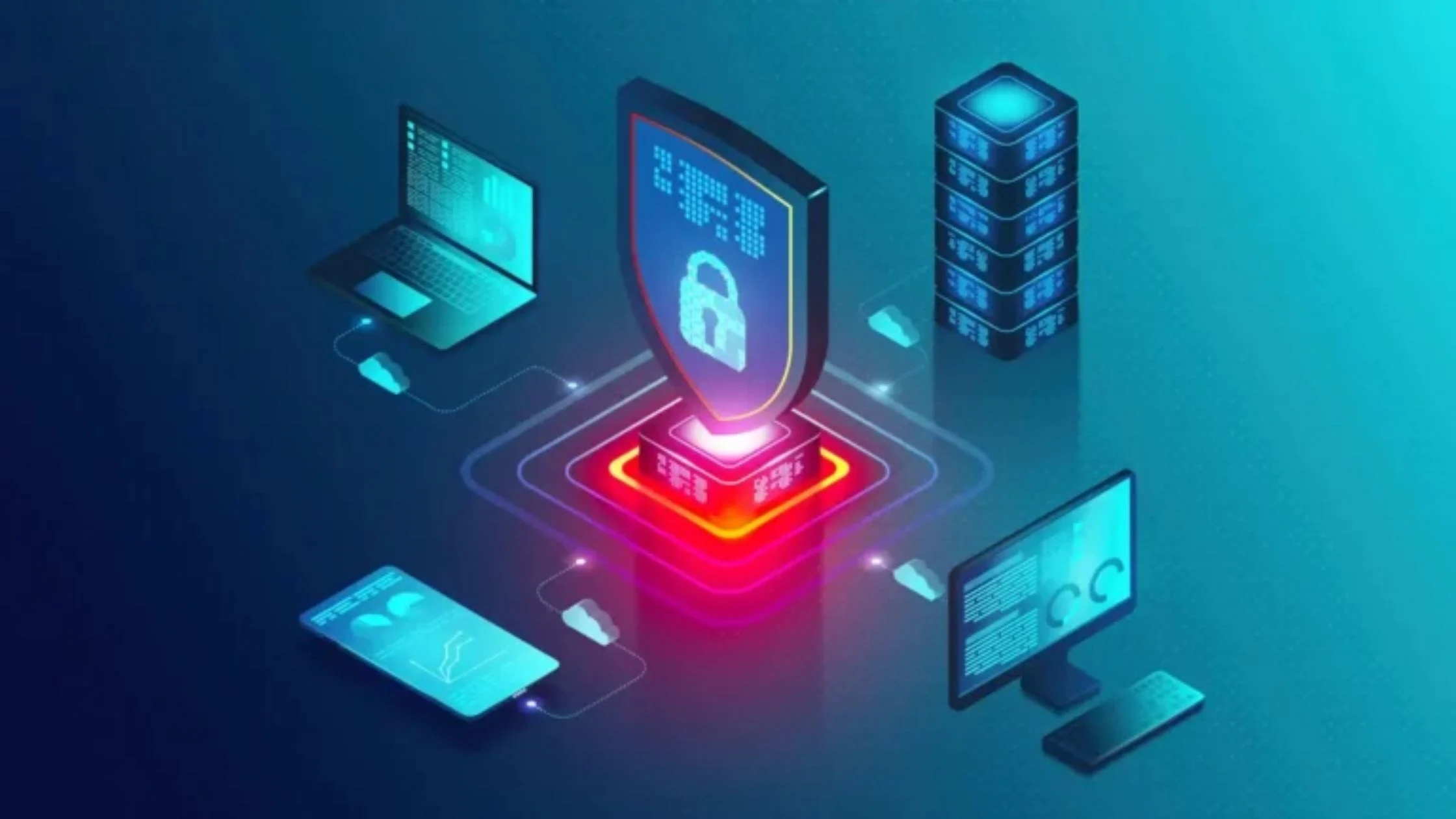
Leave a Reply